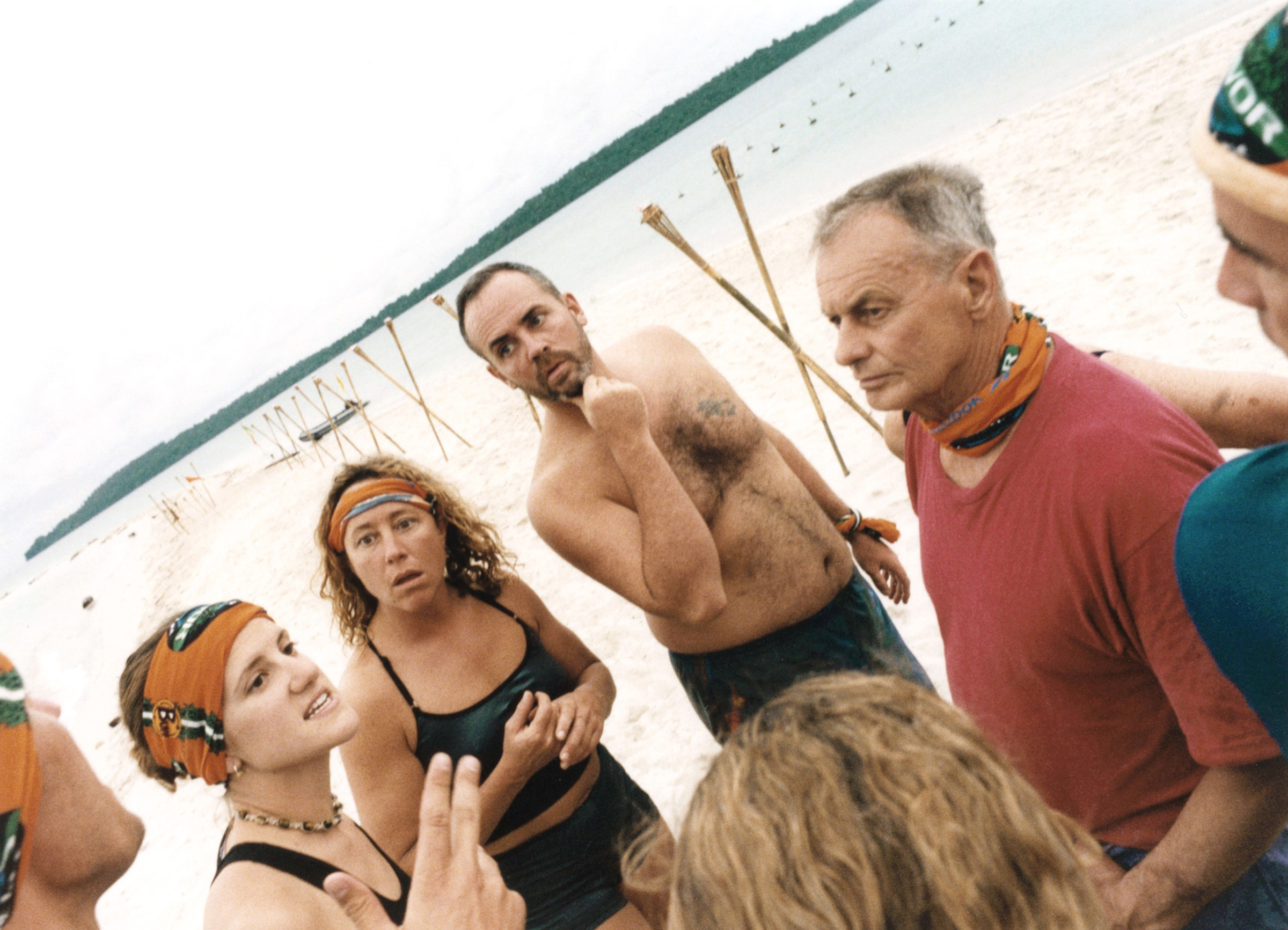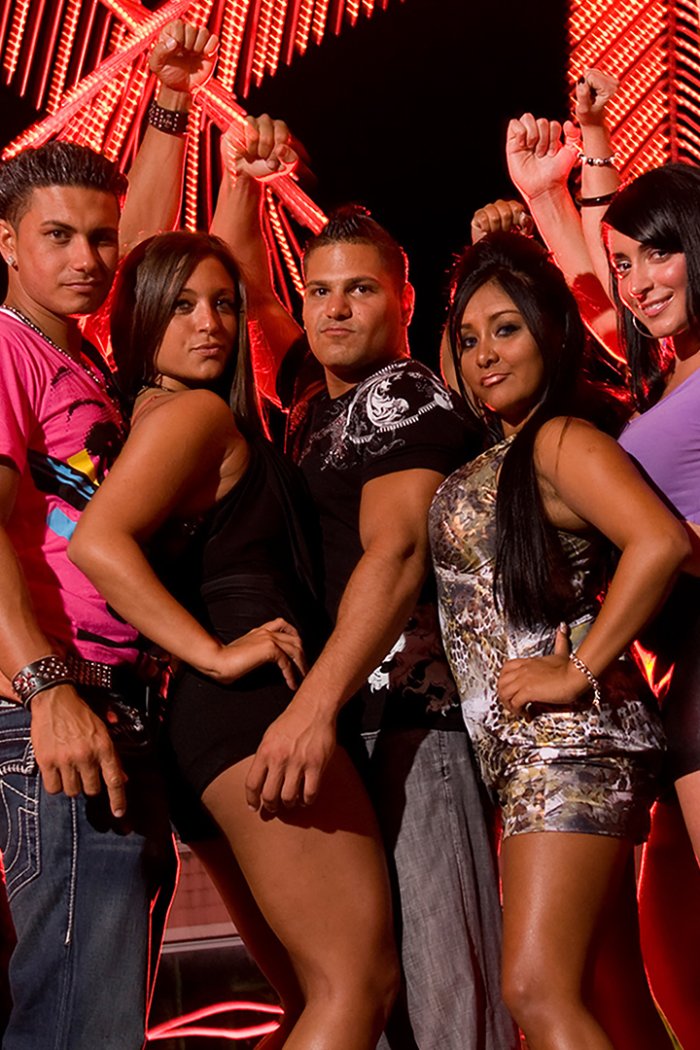In 2000, on a remote stretch of the Malaysian island of Pulau Tiga, 16 wildly different strangers entered a competition with the same goal: to win a million-dollar prize by becoming the last person standing. Survivor: Borneo was an instant hit, and signaled a long run to come. Still hosted by Jeff Probst more than 20 years and 40 seasons later, the premise of Survivor hasn’t changed much since it first aired. But while the rules of the game are simple—to outwit, outplay, and outlast everyone else—the series altered the reality television landscape by pushing a bunch of castaways to their mental, physical, and emotional limits, setting the tone for adventurous, demanding competition shows to follow. Survivor asked: to what lengths would you go for $1 million? The social savvy needed to make it far in Survivor is best exemplified by a statement from Borneo’s runner-up Kelly Wiglesworth: “I’m not out here to make friends.” In the end, it was Richard Hatch who took home the prize (and later appeared on Survivor: All Stars in 2004, when fellow Borneo competitor, Susan Hawk, quit the game over an incident that left her feeling “sexually violated” by him. Hatch denied the claim.) When it first premiered, CBS never expected the show to be an overnight hit, but it beat expectations and broke records. The finale of the first season garnered over 50 million viewers, making it the second-most watched episode of television of that decade, beaten only by the 2004 series finale of Friends. —Annabel Gutterman
- Cybersecurity Experts Are Sounding the Alarm on DOGE
- Meet the 2025 Women of the Year
- The Harsh Truth About Disability Inclusion
- Why Do More Young Adults Have Cancer?
- Colman Domingo Leads With Radical Love
- How to Get Better at Doing Things Alone
- Michelle Zauner Stares Down the Darkness





